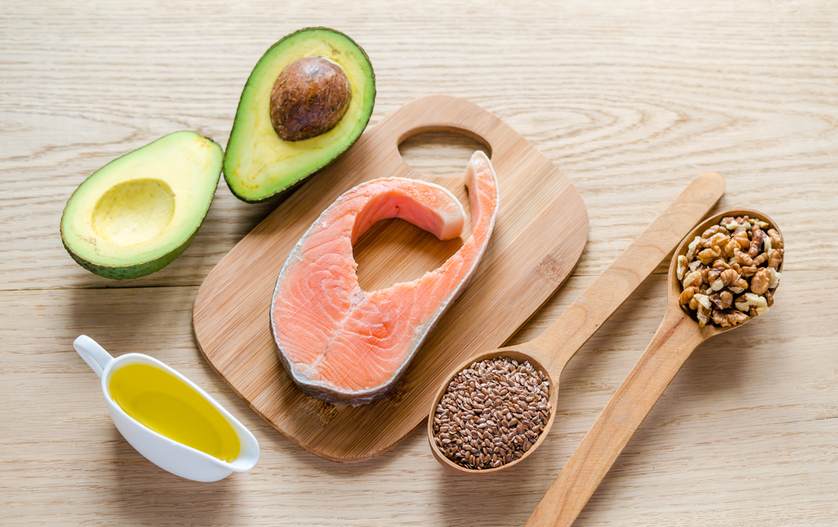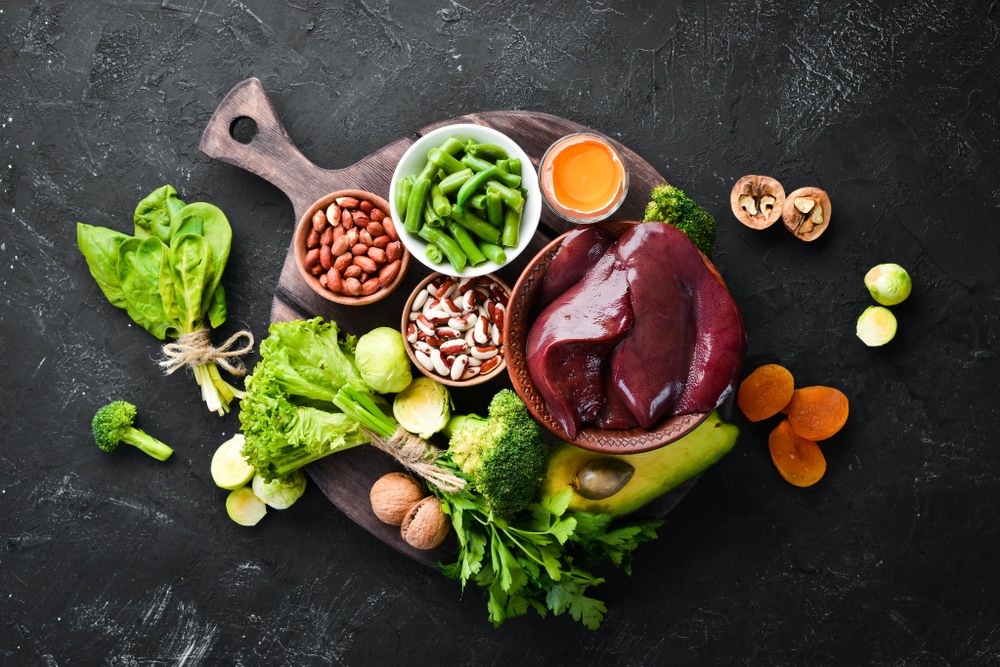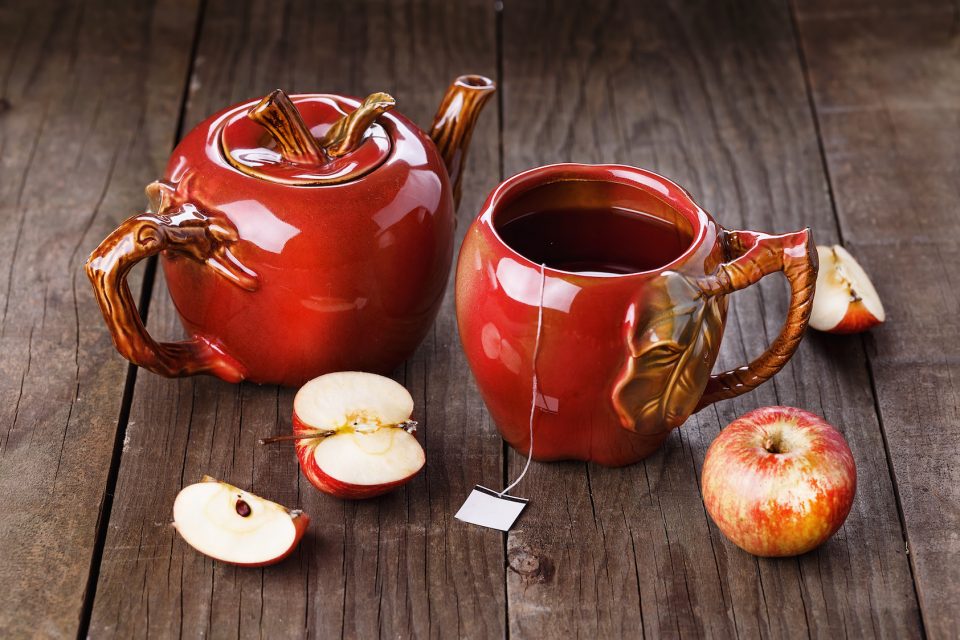Copper is a vital mineral that plays a crucial role in maintaining various bodily functions, including the immune system, blood vessels, nerves, and bone health.
A deficiency in copper can lead to several health problems, such as weakened immunity, hypertension, anemia, depression, senility, osteoporosis, and joint pain.
Fortunately, there are numerous foods naturally rich in copper that you can incorporate into your diet to prevent copper deficiency. Here are some of them:
- Seafood: oysters, squid, crab, lobster, and octopus are excellent sources of copper. Seafood also provides protein, calcium for bone health, iron for red blood cell production, and vitamin A for eye and skin health.
- Meat: Beef, pork, chicken, and turkey, including liver, are rich in copper. Meat is also a good source of protein, magnesium for diabetes and heart disease prevention, and vitamins B6 and B12 for various bodily functions.
- Mushrooms: Shiitake, morel, white, and brown Italian mushrooms are all high in copper. They also contain protein, iron, and fiber, which are important for digestion and colon health.
- Seeds: Sesame, sunflower, pumpkin, squash, and watermelon seeds are packed with copper. They also provide protein, calcium, iron, and omega-3 fatty acids for heart health.
- Nuts: Cashews, hazelnuts, Brazil nuts, pistachios, almonds, walnuts, and pecans are all rich in copper. Nuts also contain healthy fats, iron, calcium, fiber, and protein without any cholesterol.
- Avocadoes: Avocadoes are not only delicious but also contain good amounts of copper. They are also rich in healthy fats, protein, iron, calcium, vitamin A, and vitamin C, which support skin and immune health.
- Dried Fruits: Dried prunes, currants, apricots, peaches, and figs are excellent sources of copper. They also provide vitamins A and C, calcium, iron, sodium, and complex carbohydrates.
- Fermented Foods: Fermented foods like tempeh, tofu, kimchi, and miso are not only beneficial for gut health but also contain copper. They also provide sodium, iron, and calcium.
By including these foods in your regular diet, you can ensure that your body receives an adequate amount of copper without the need for supplements.




